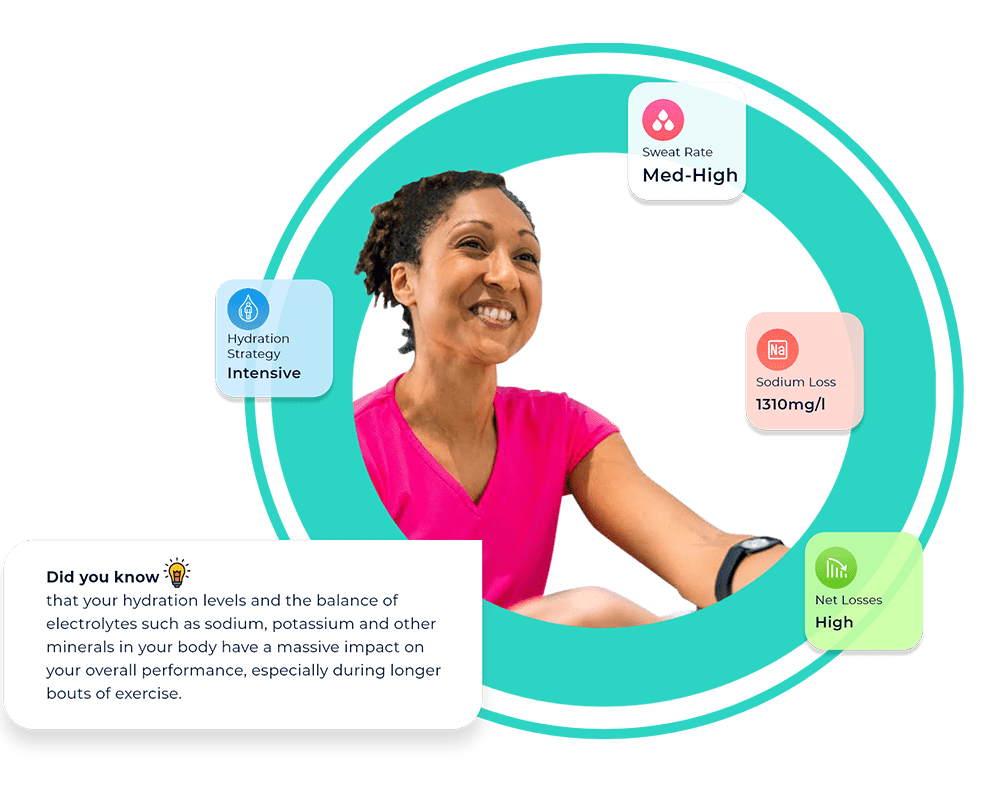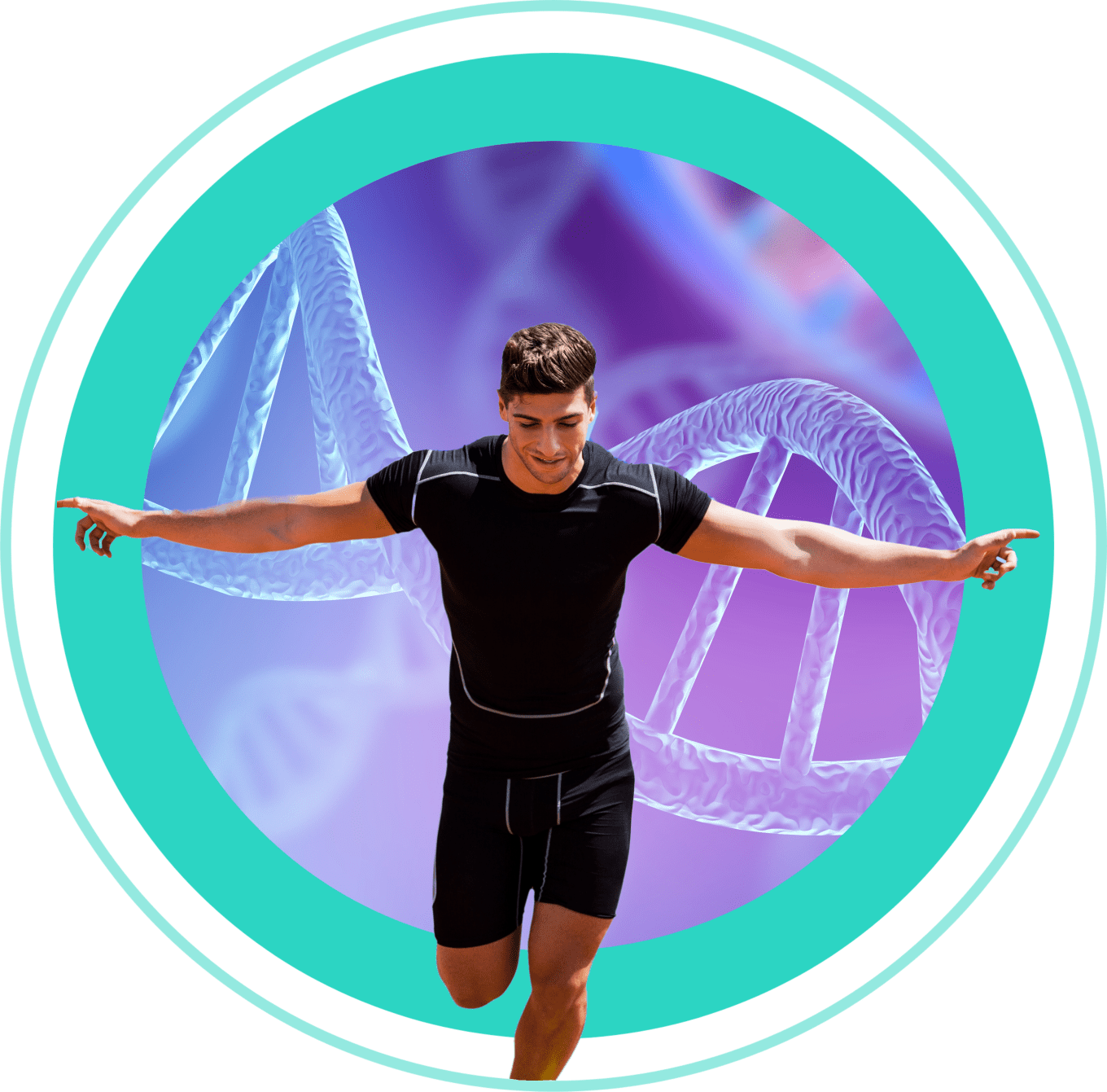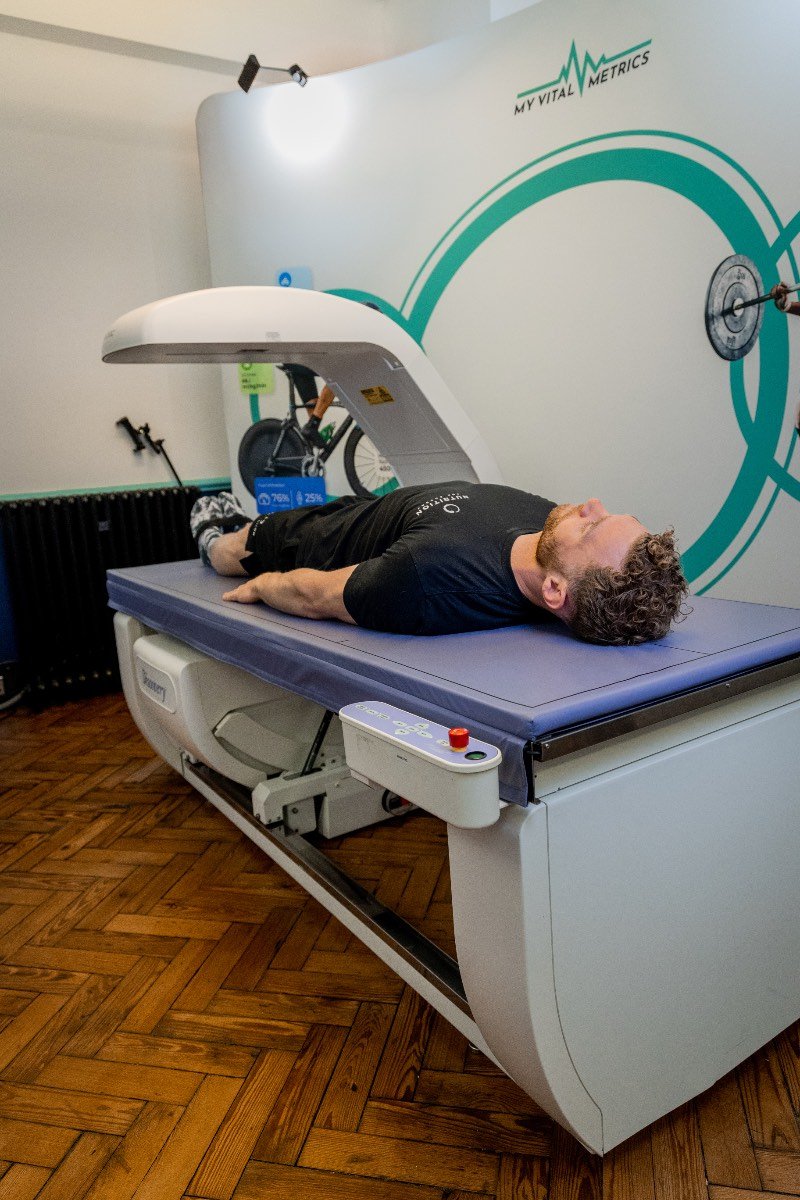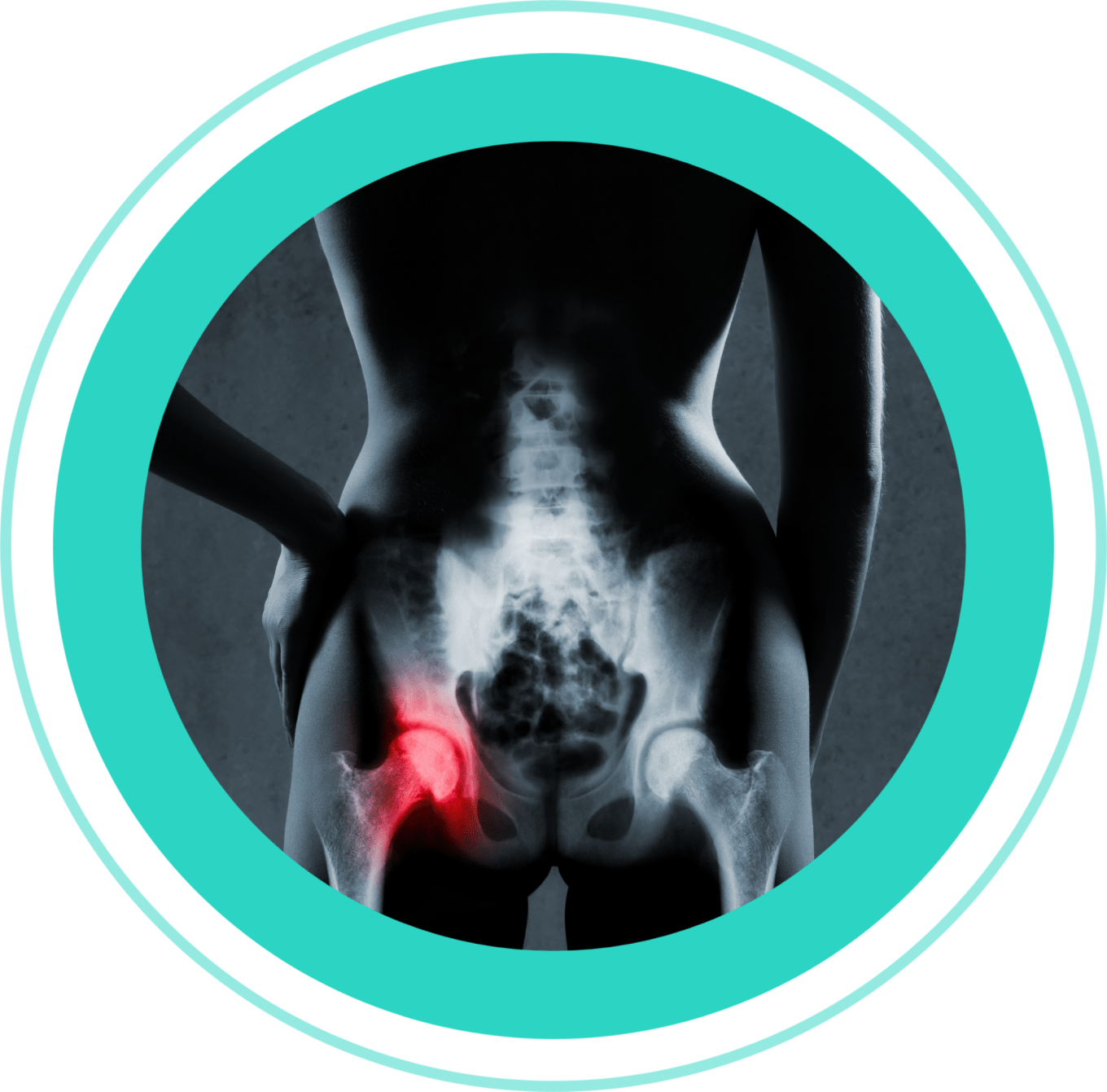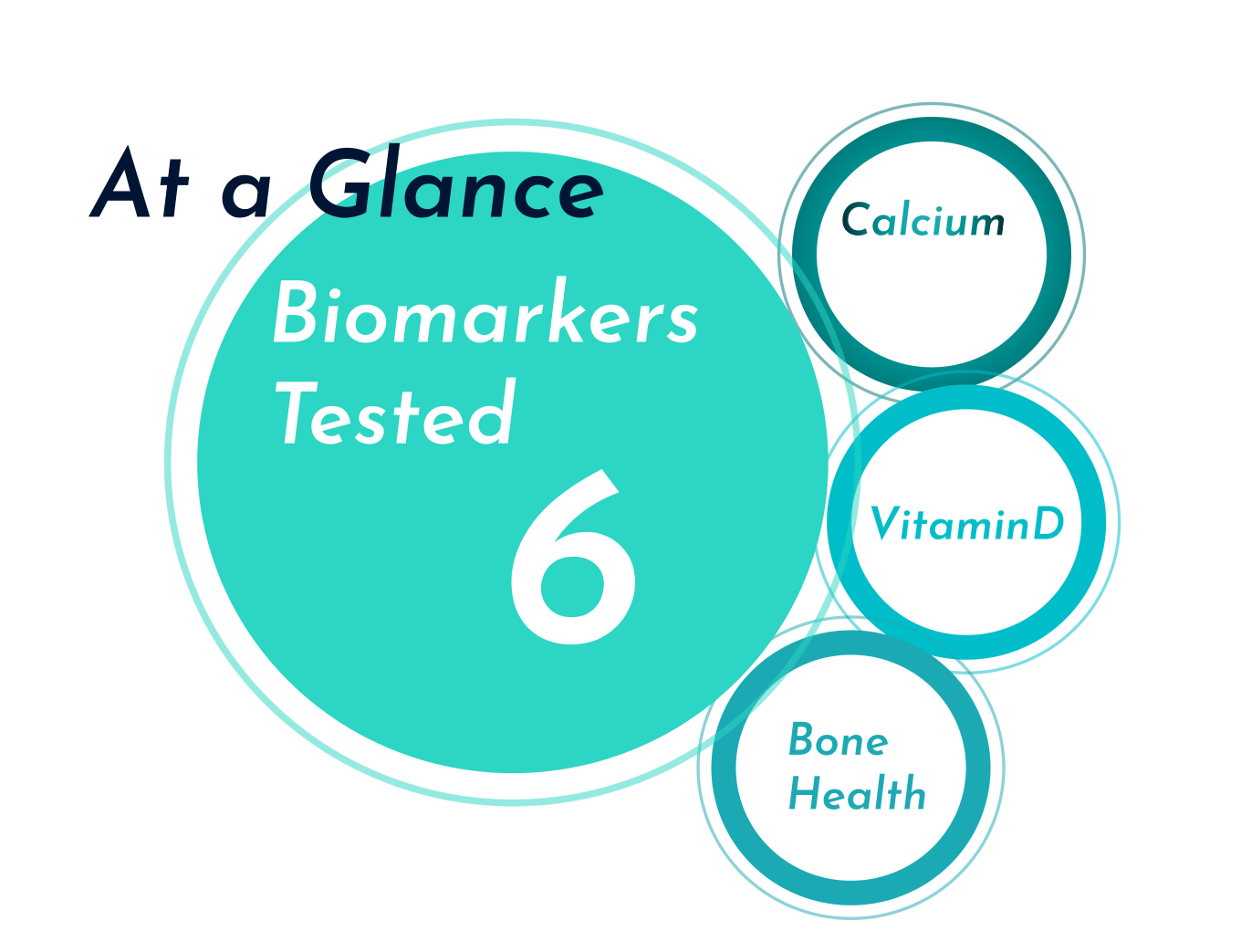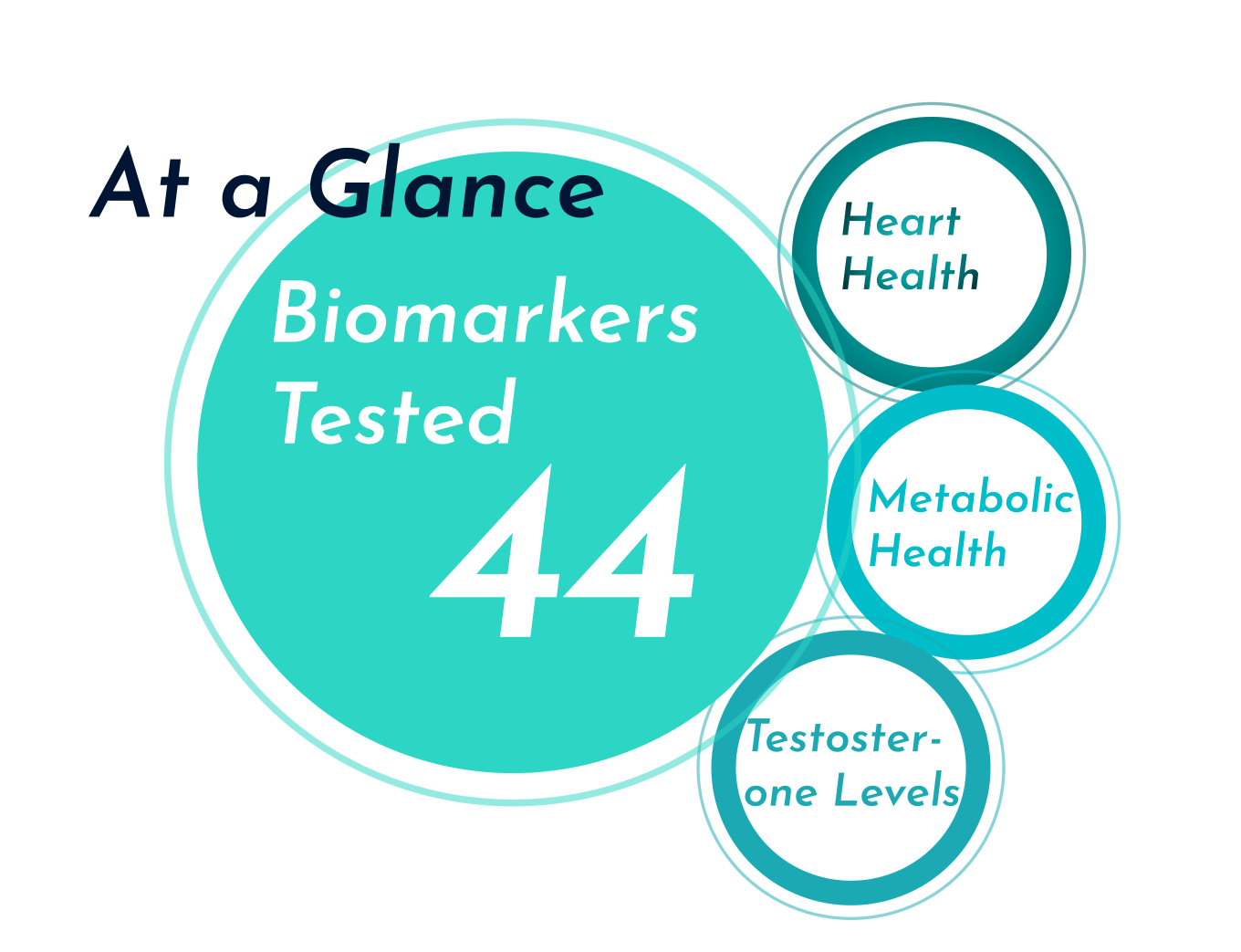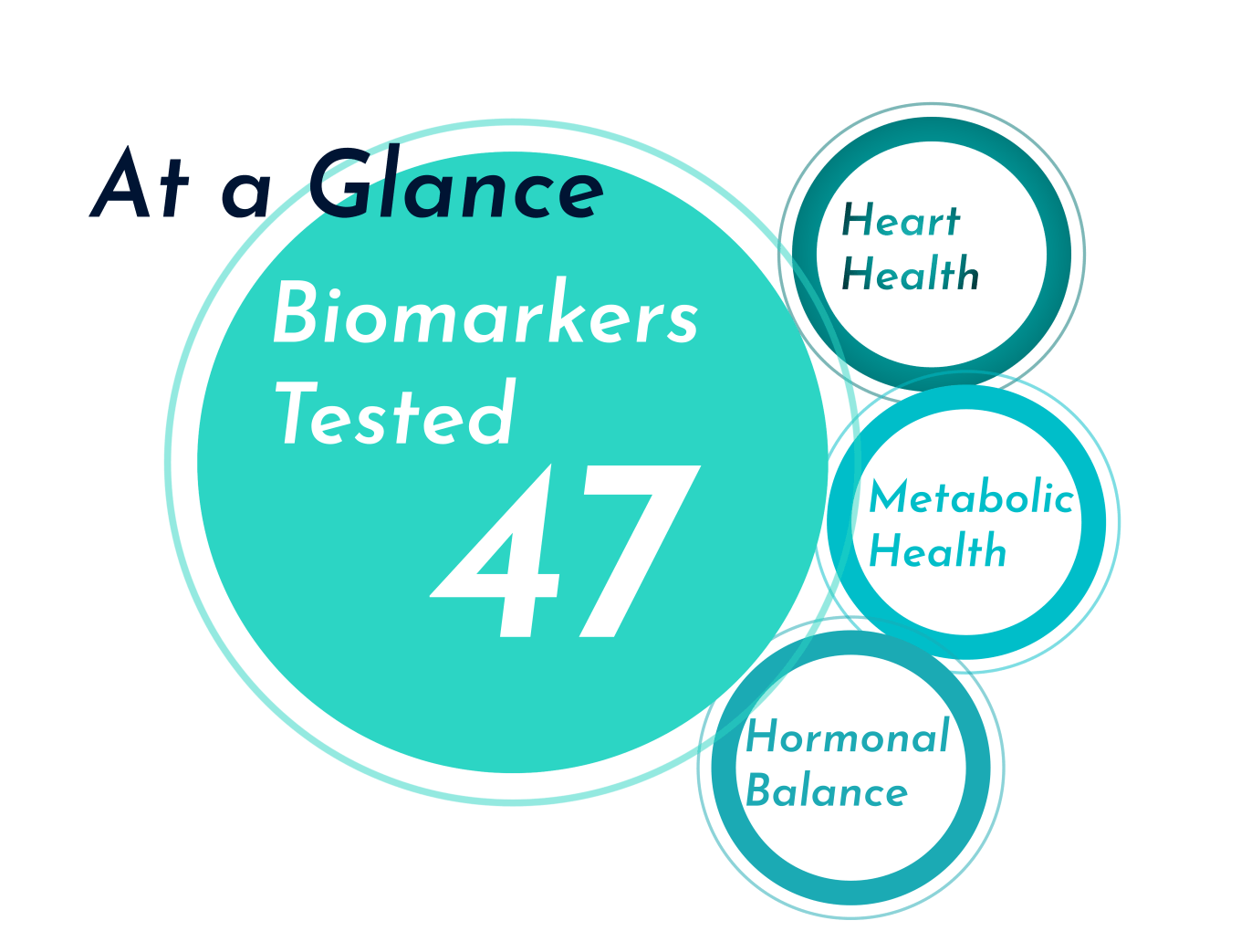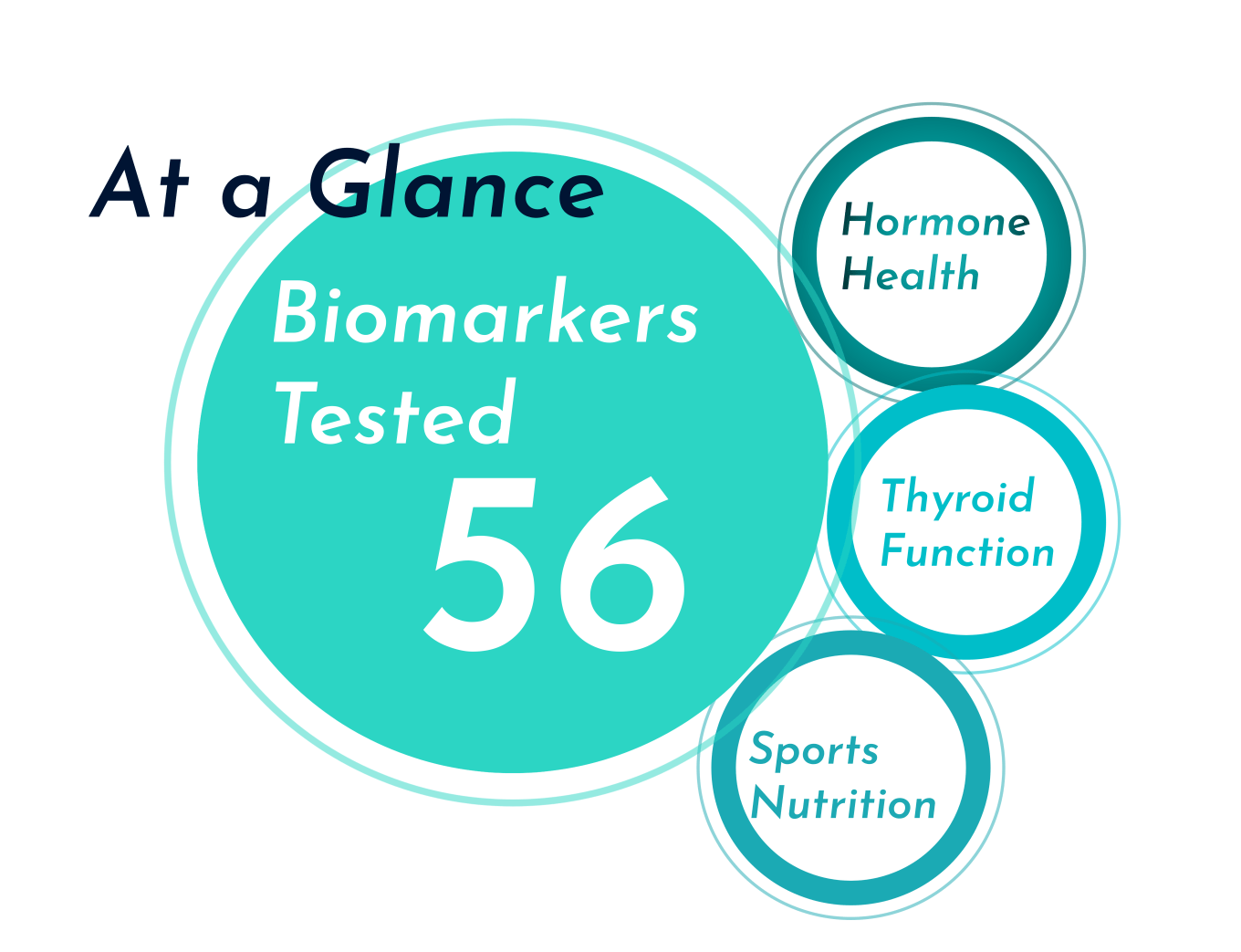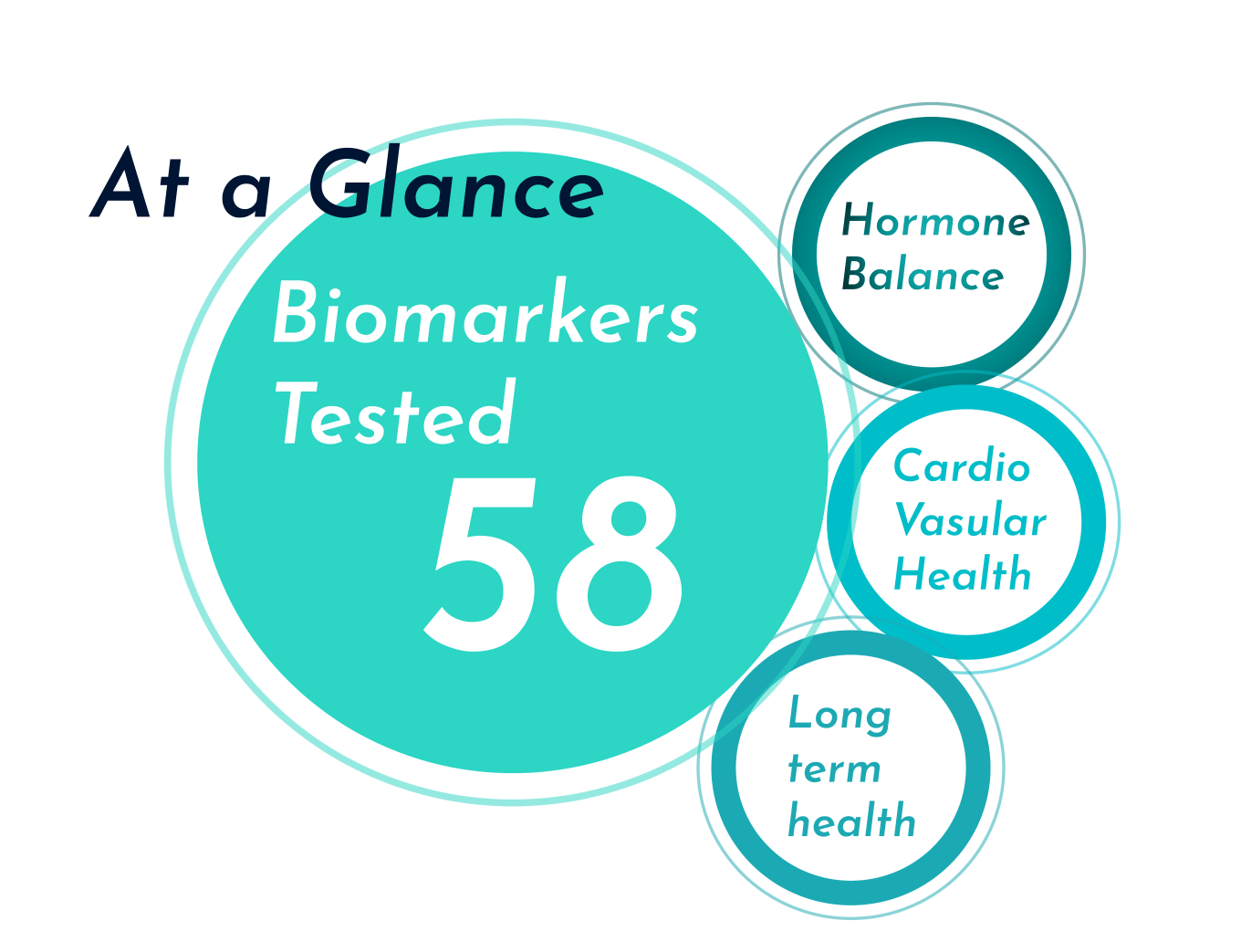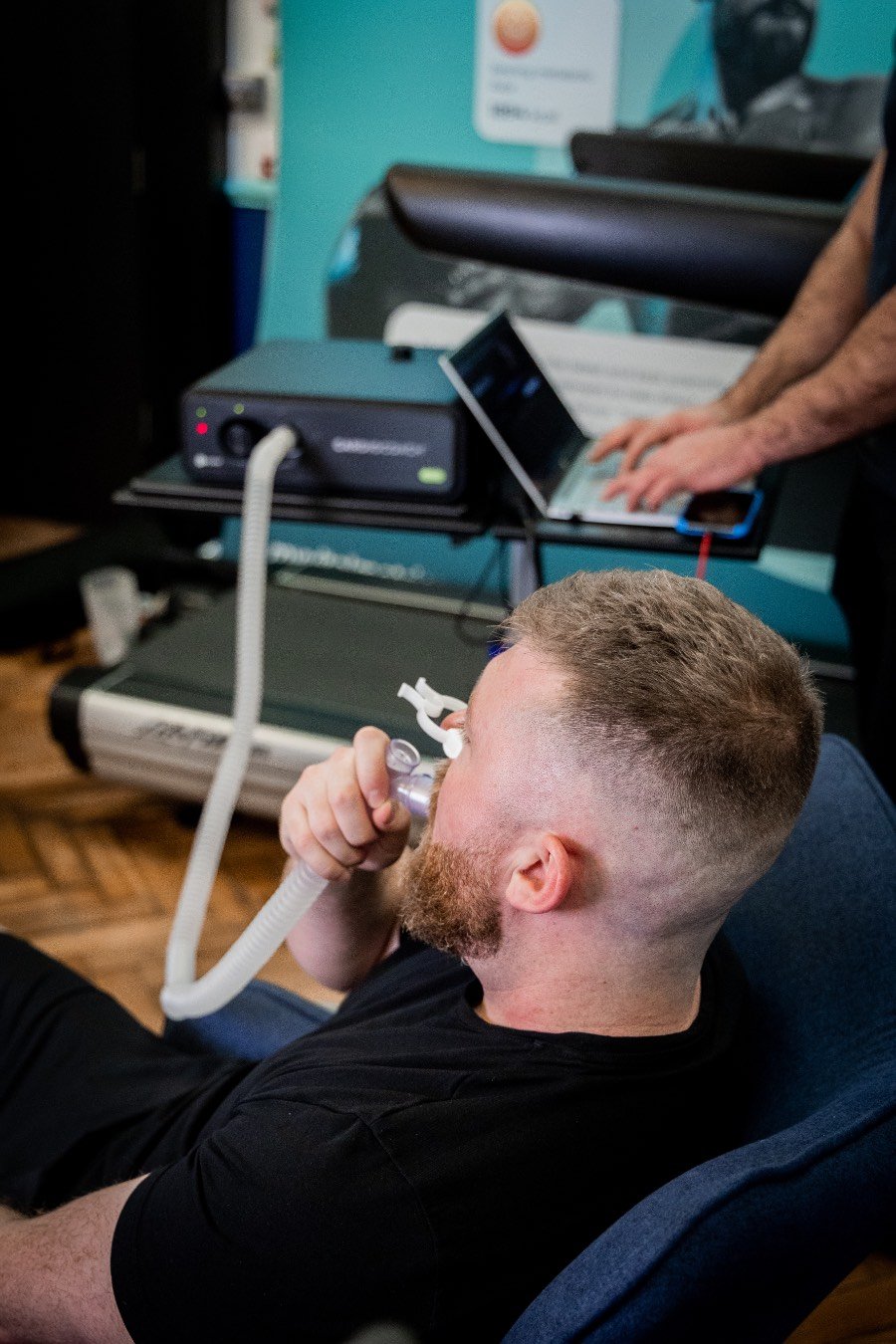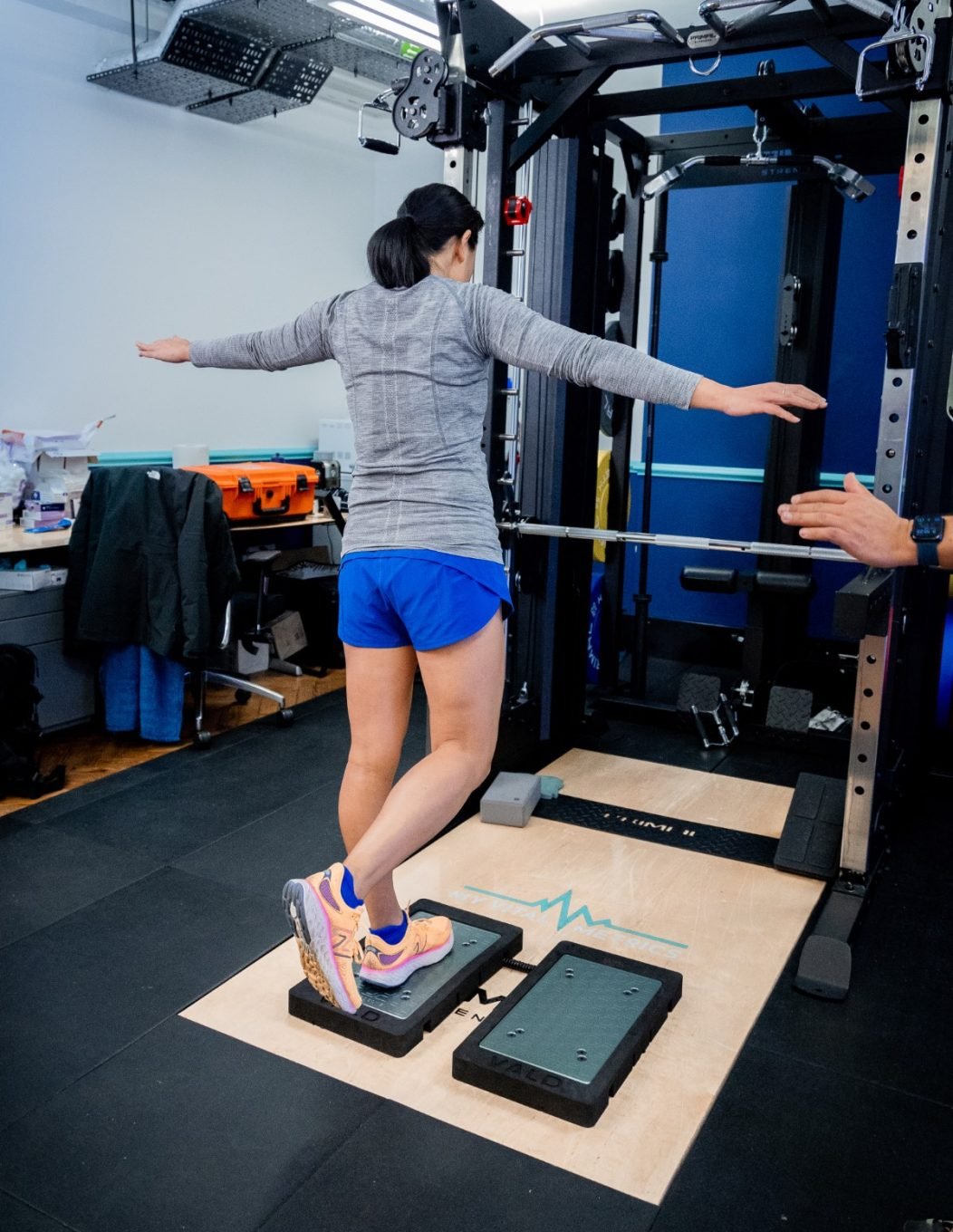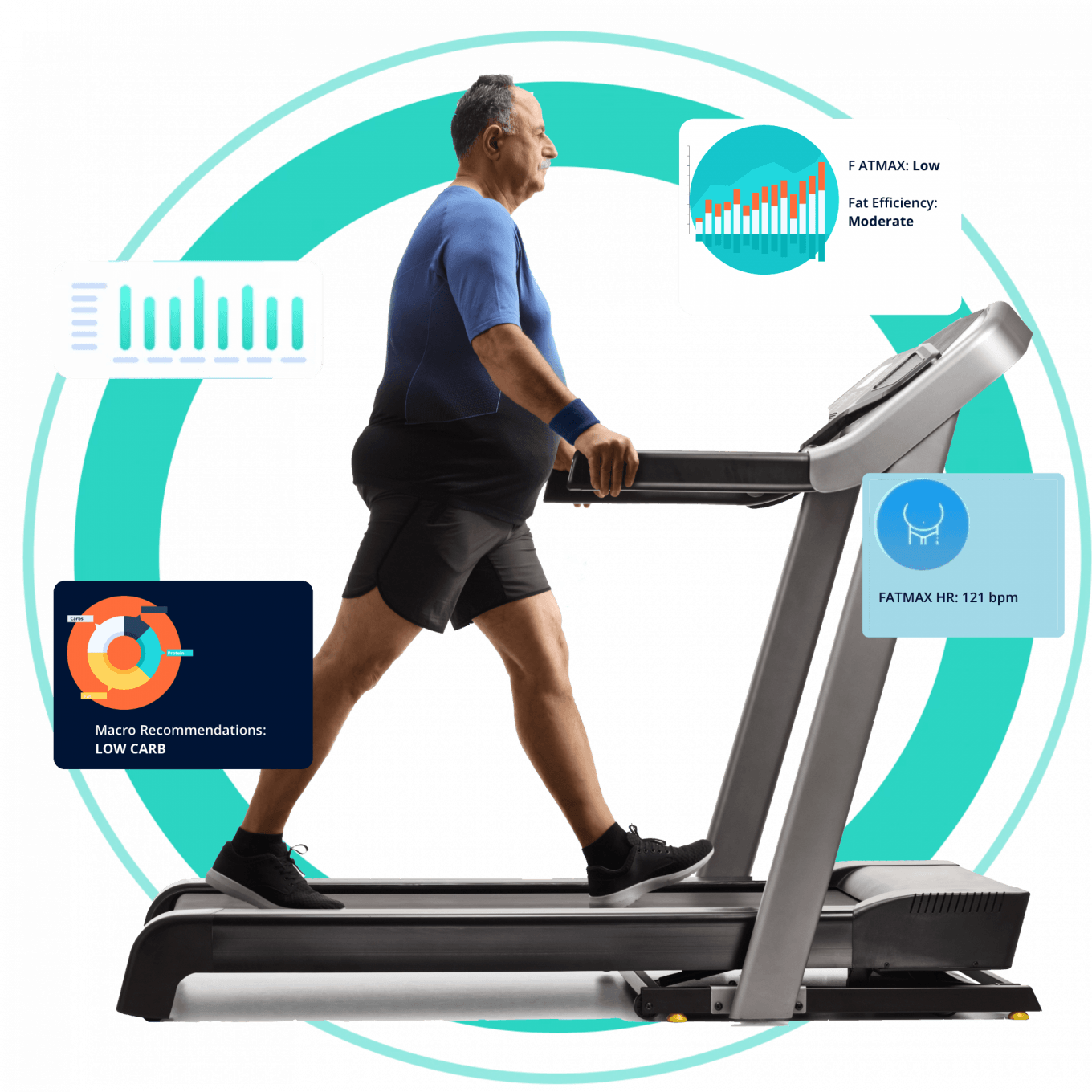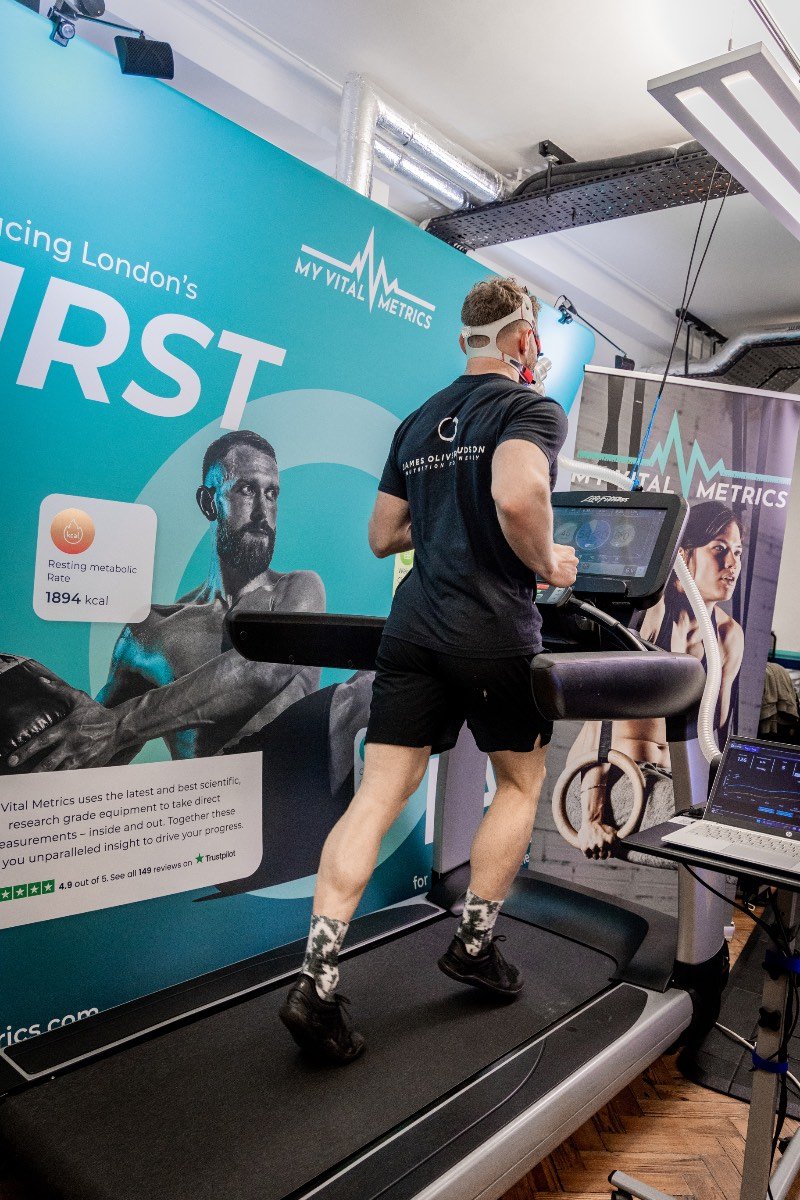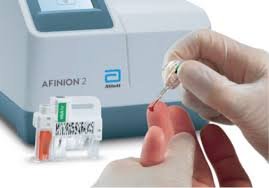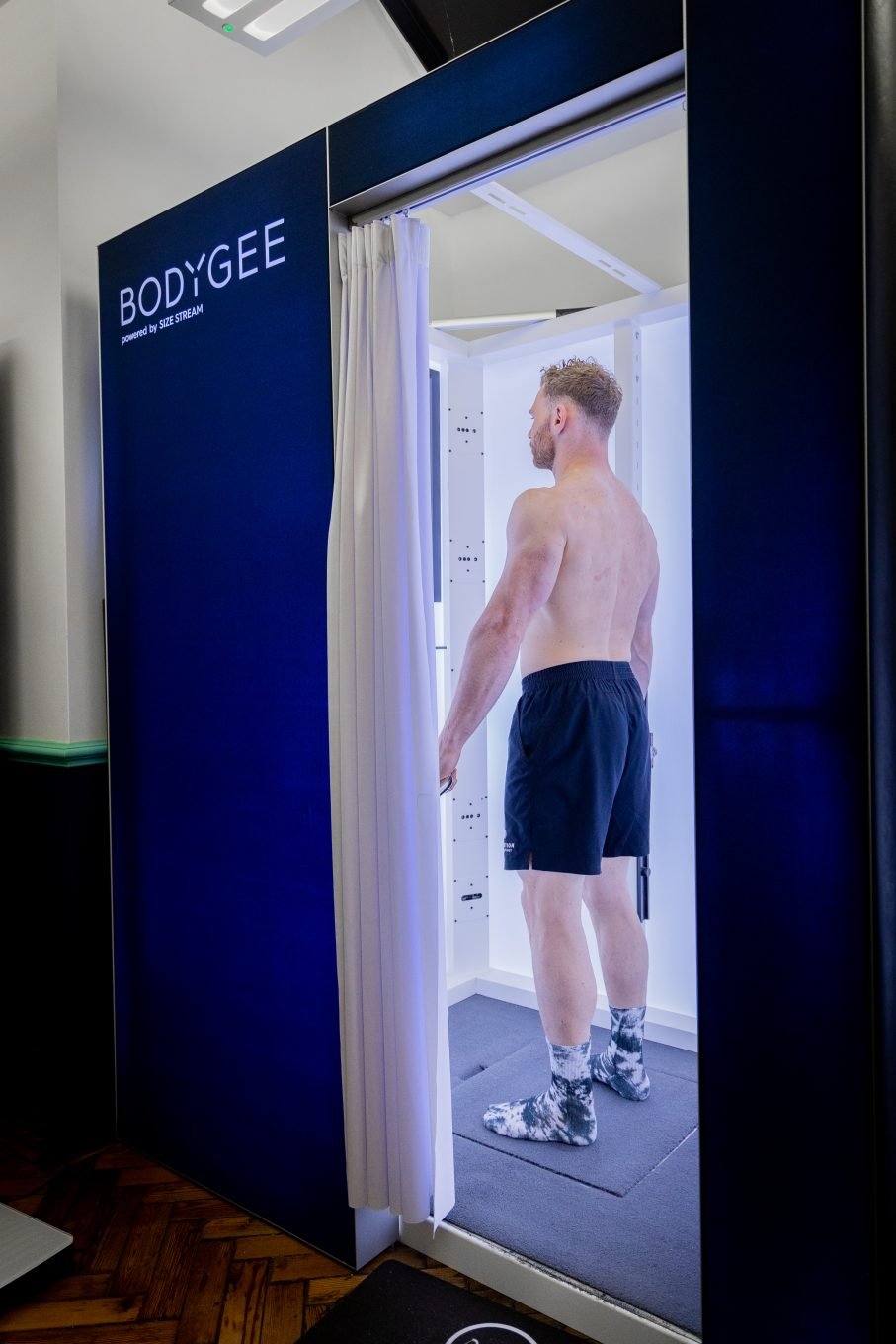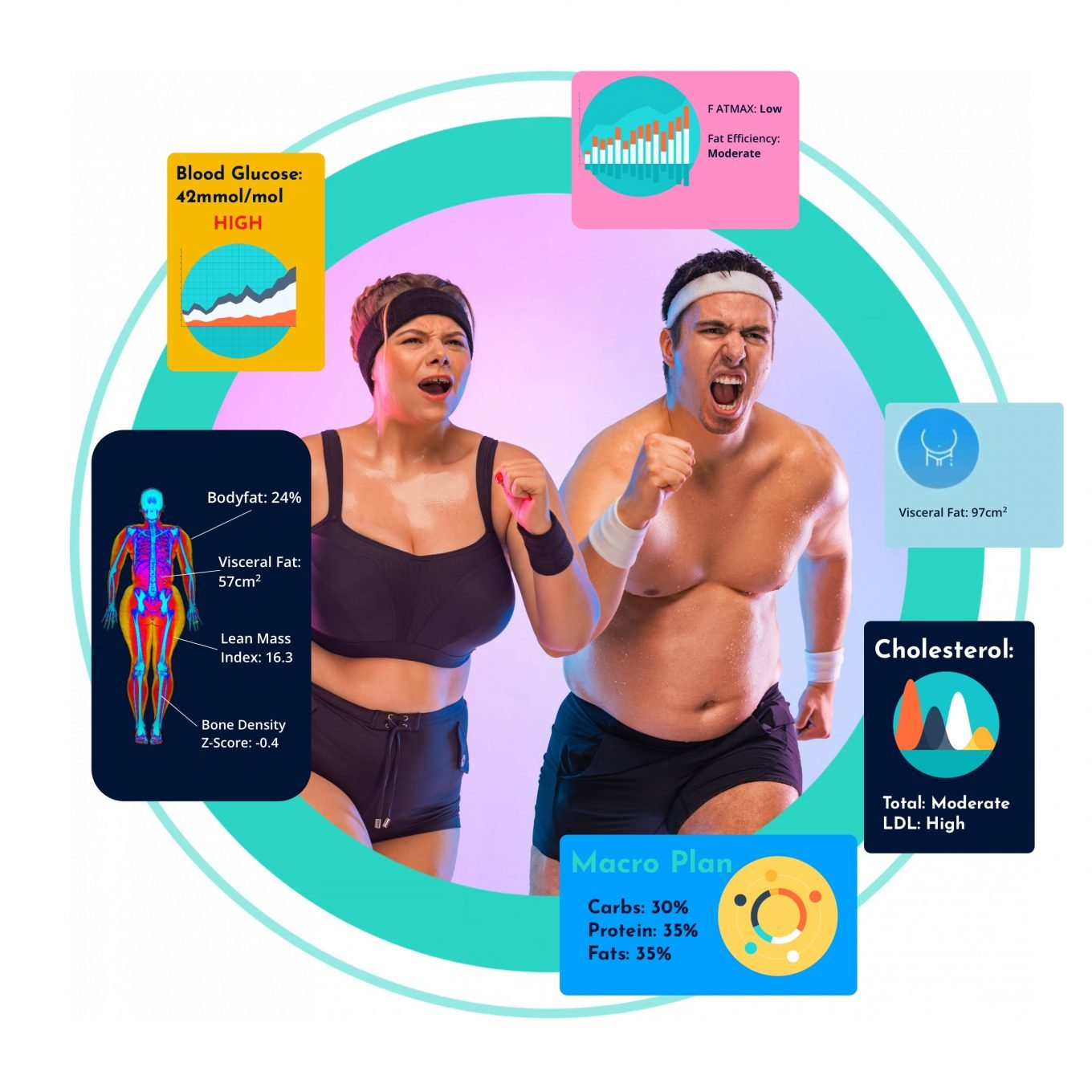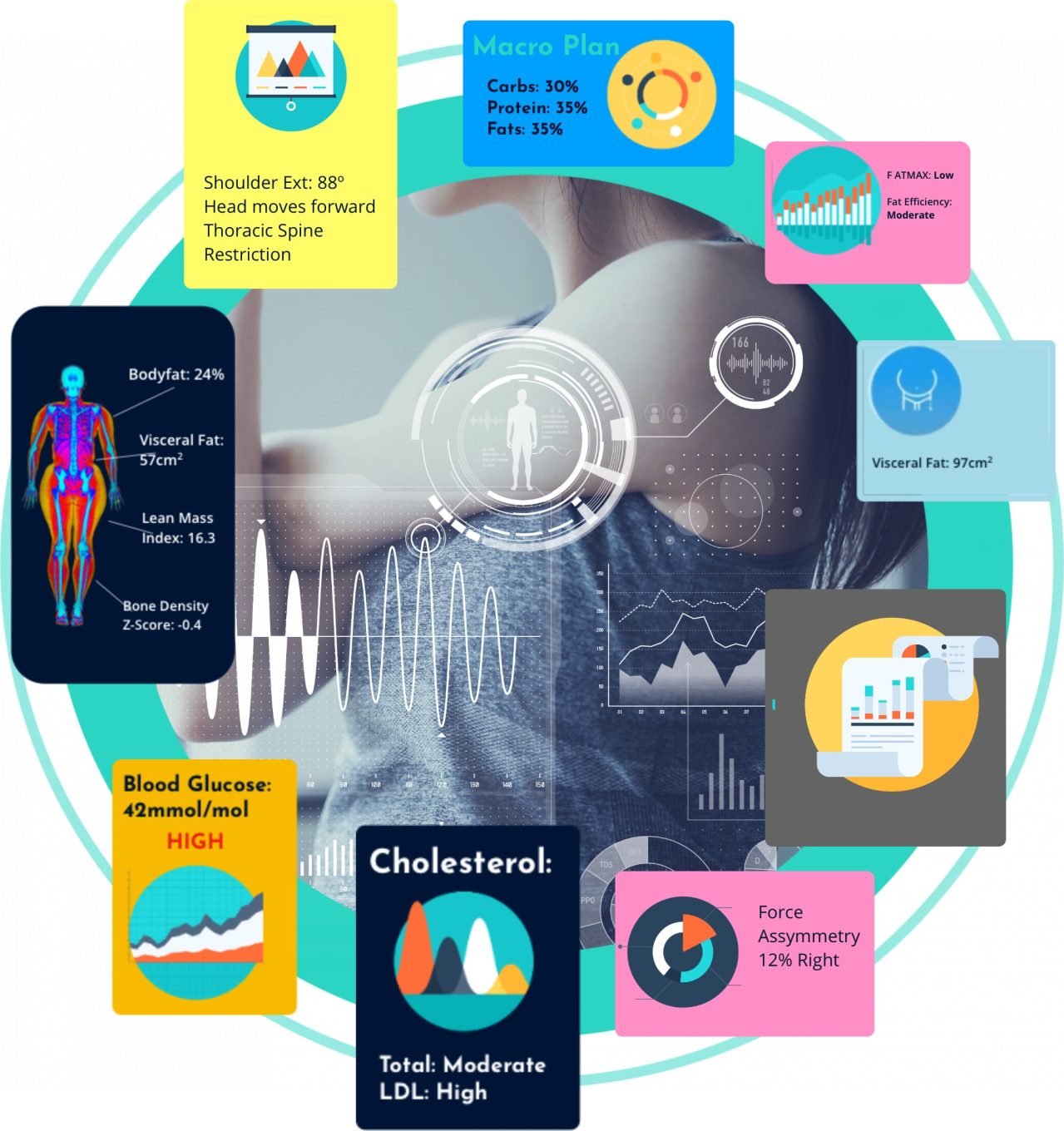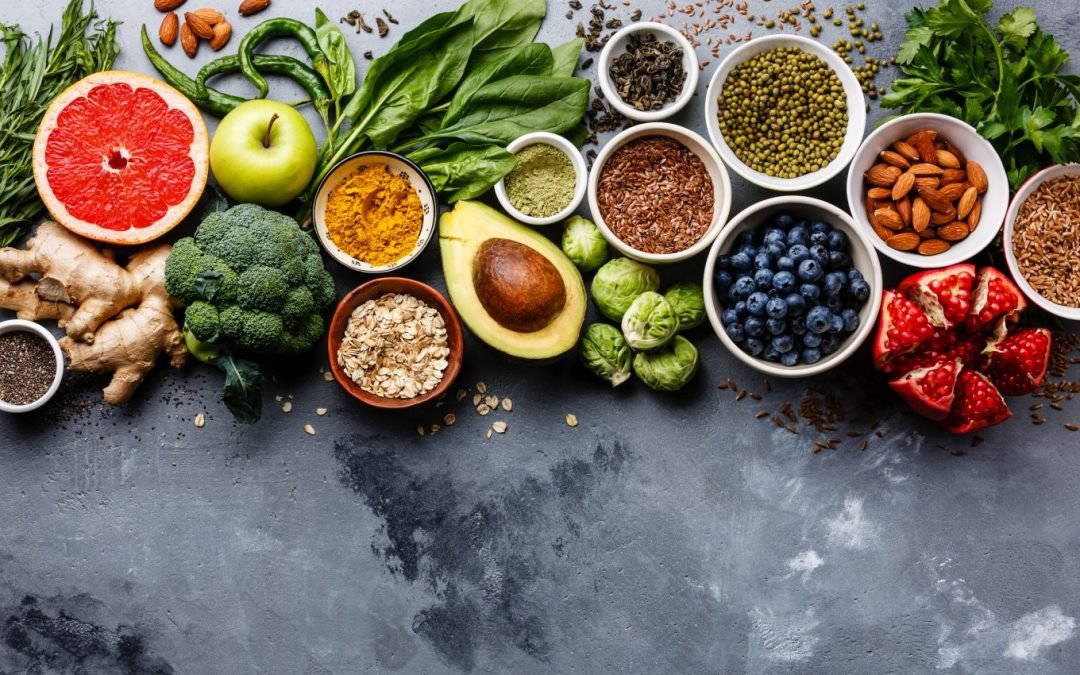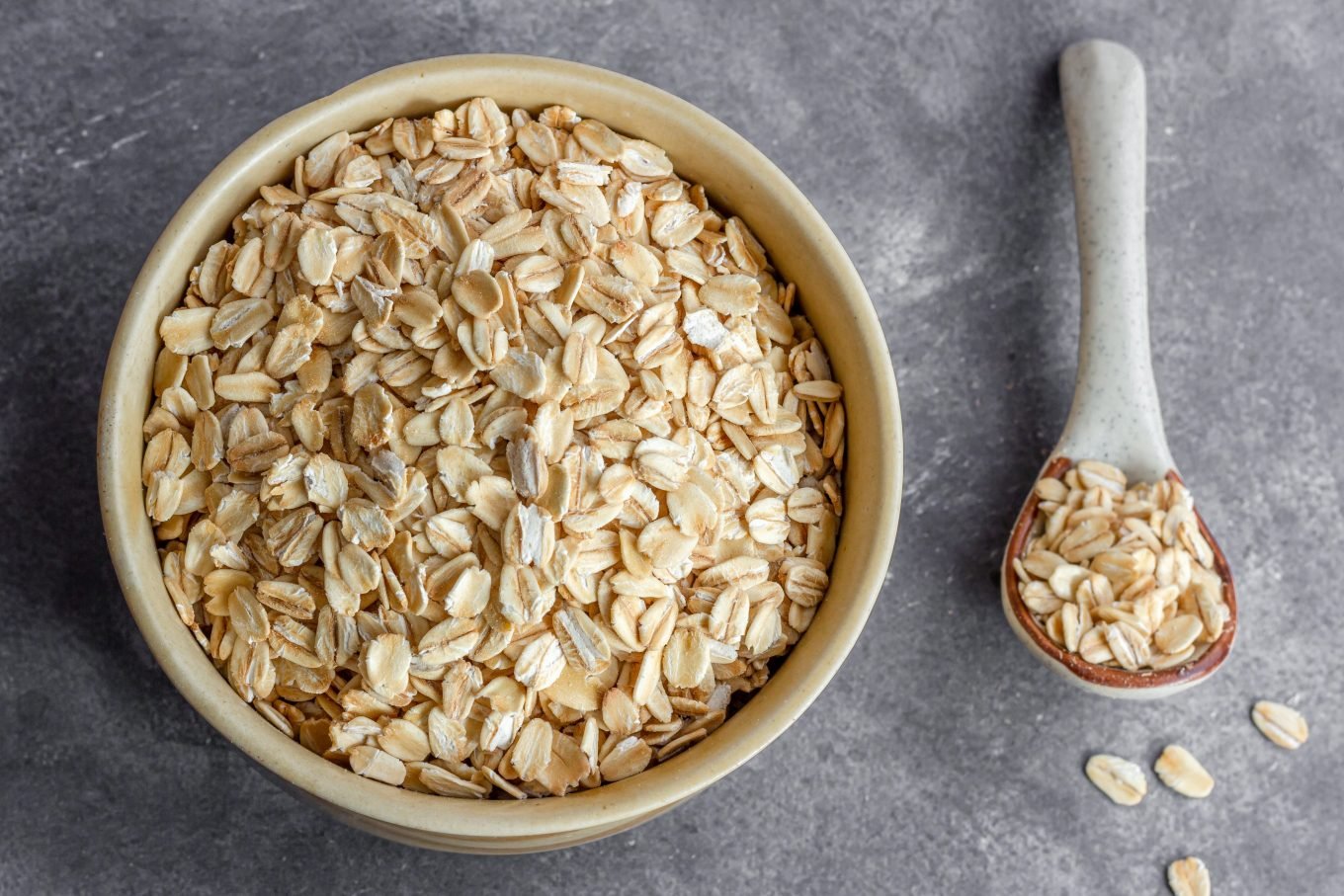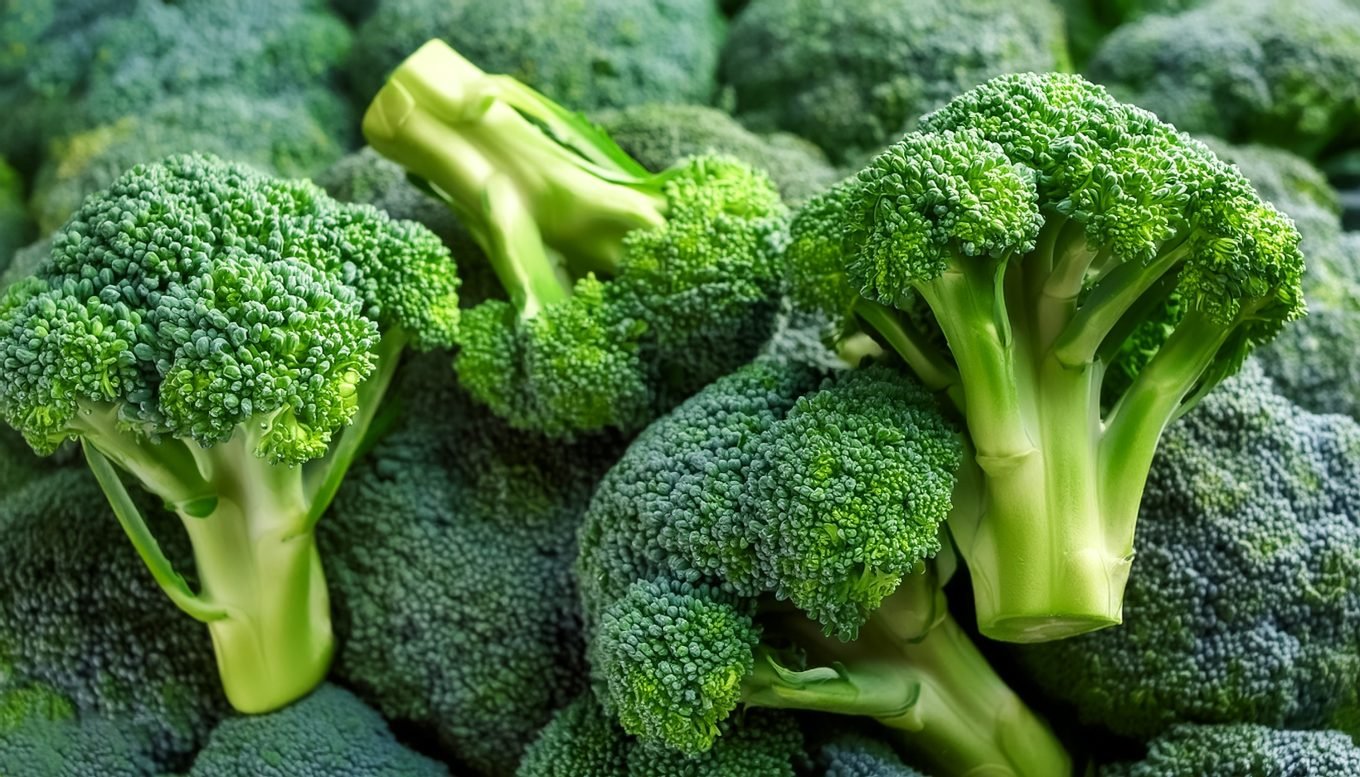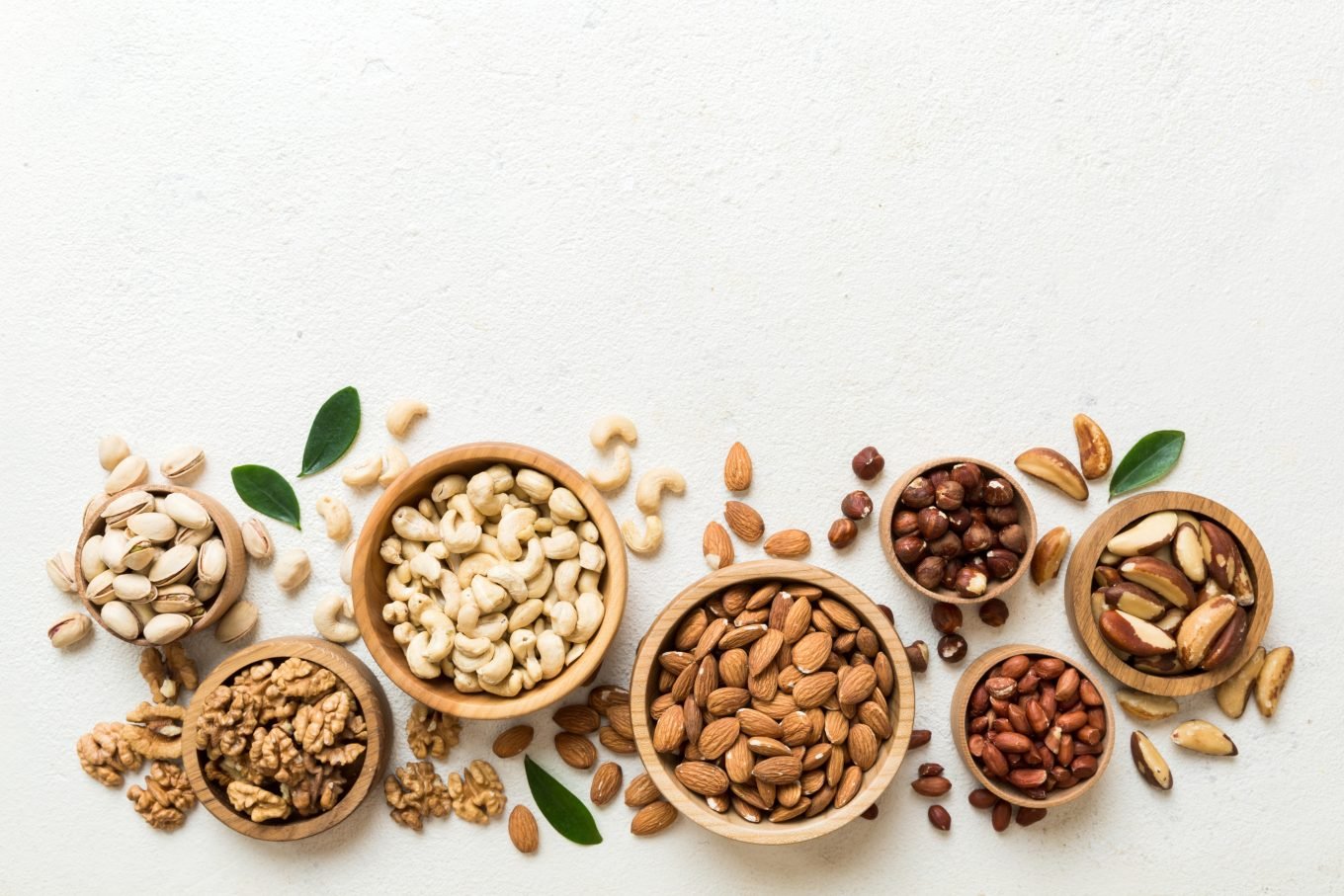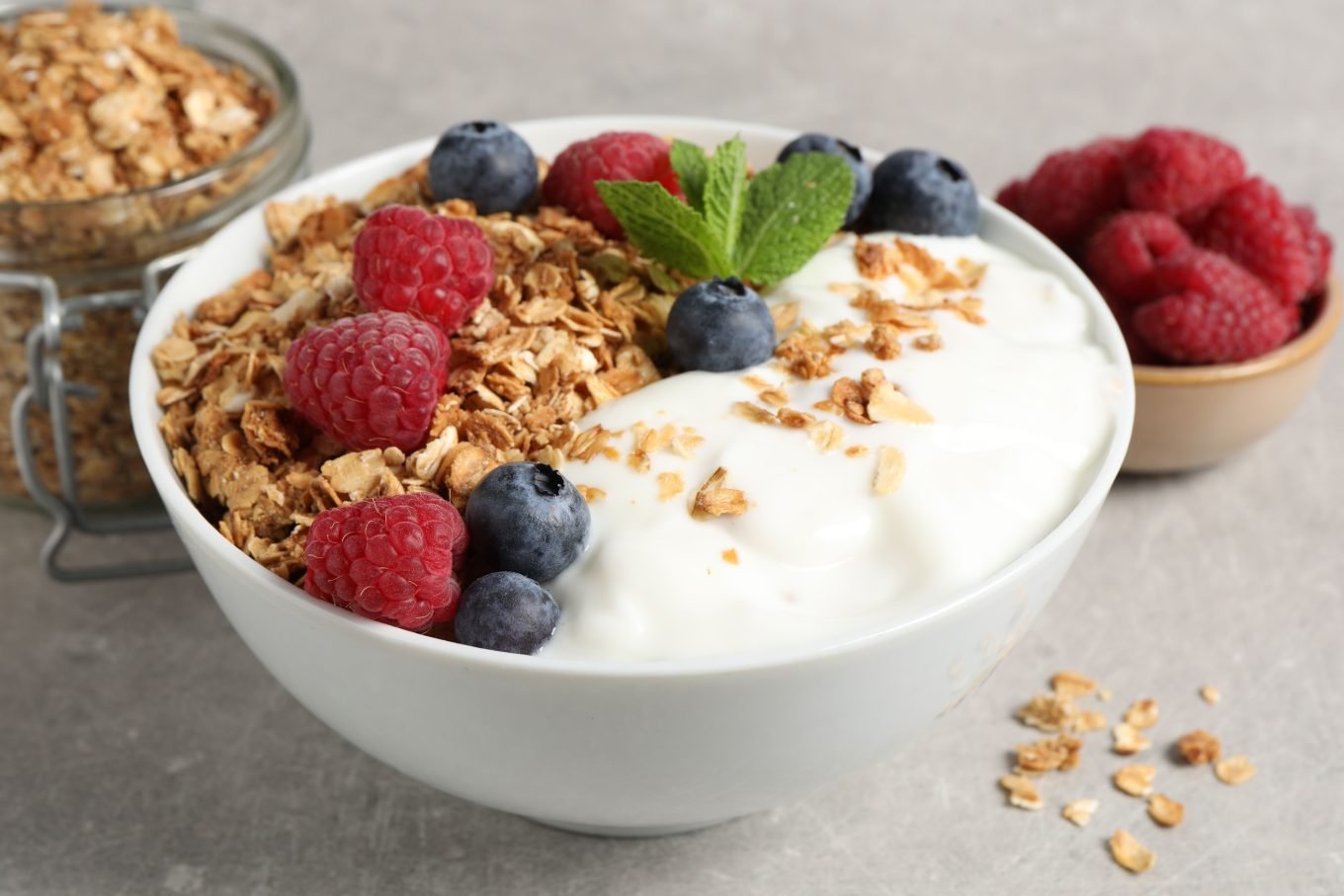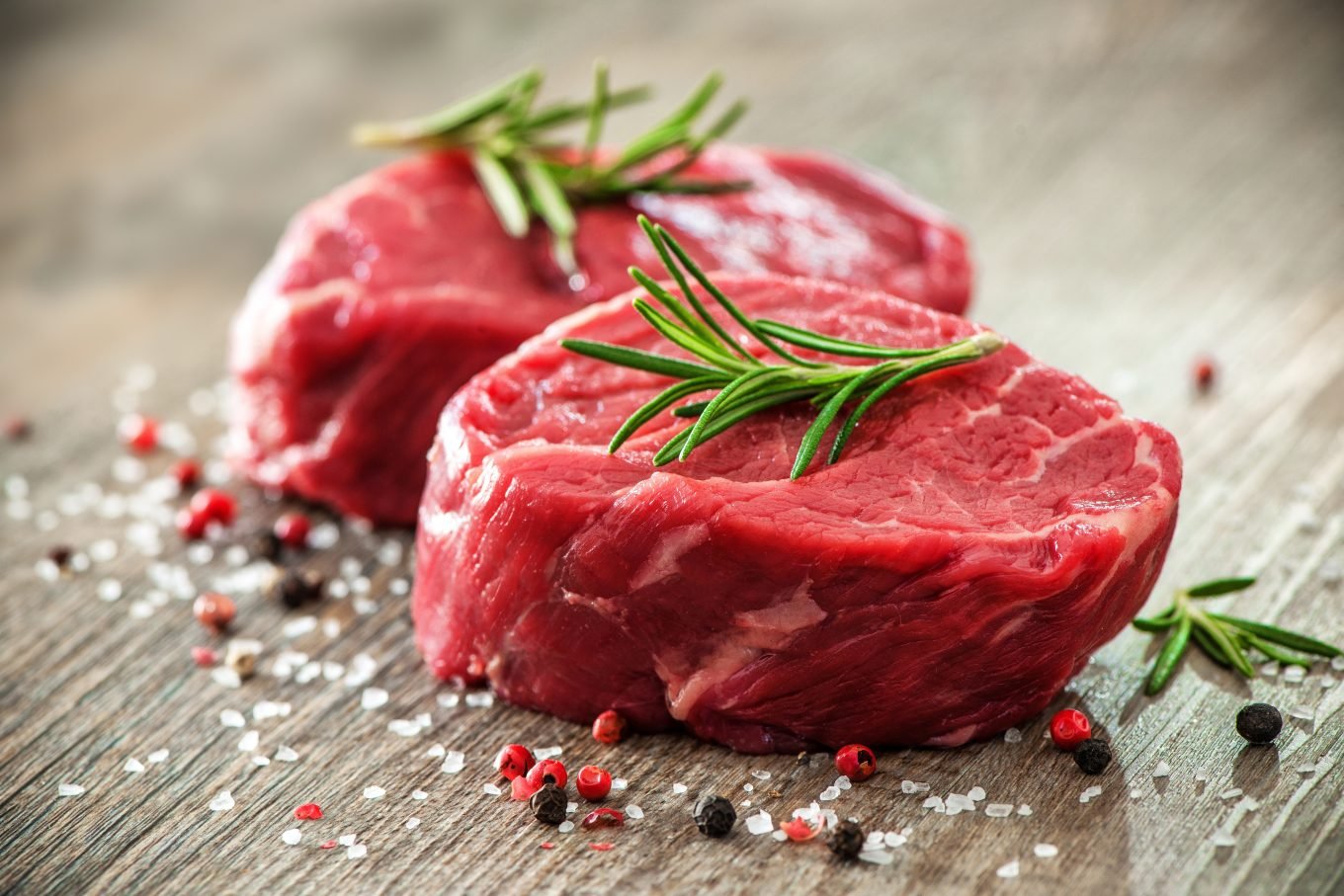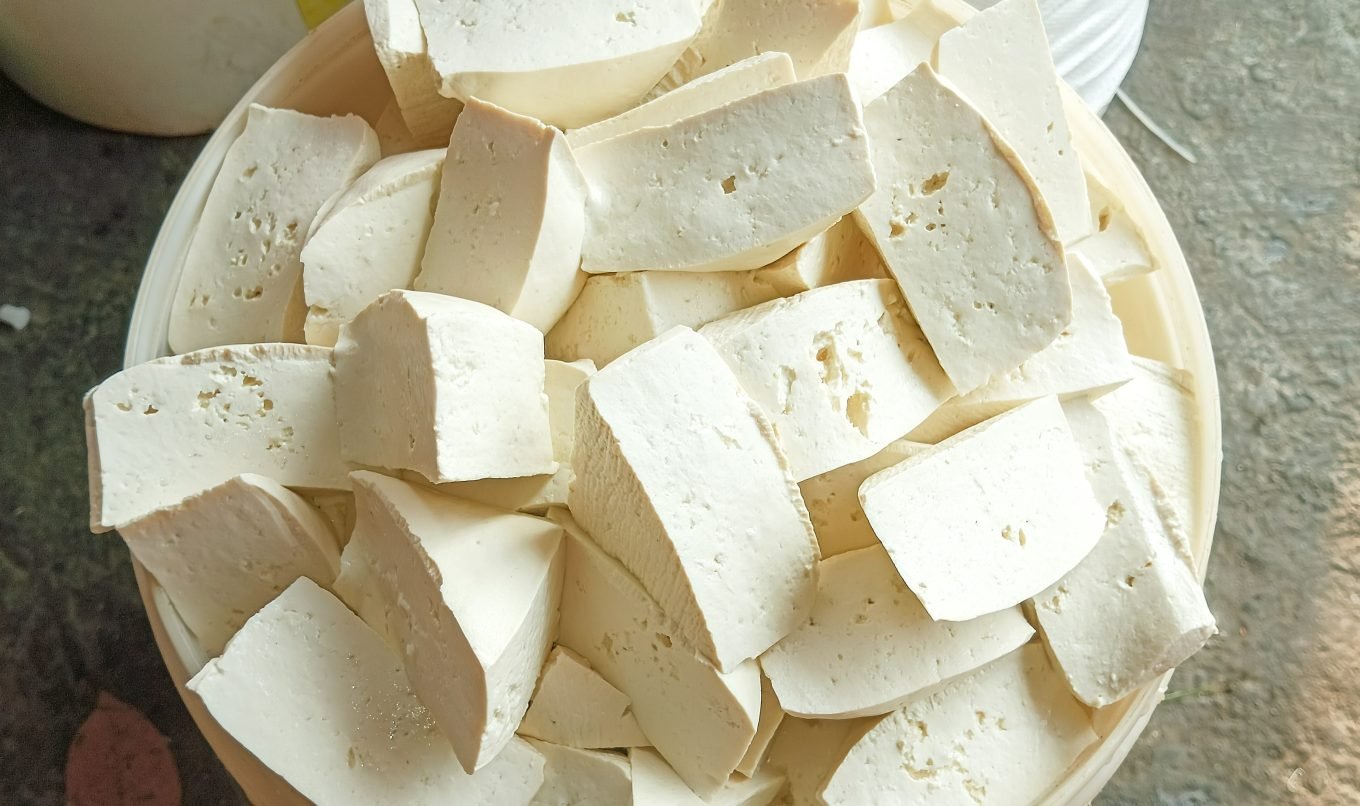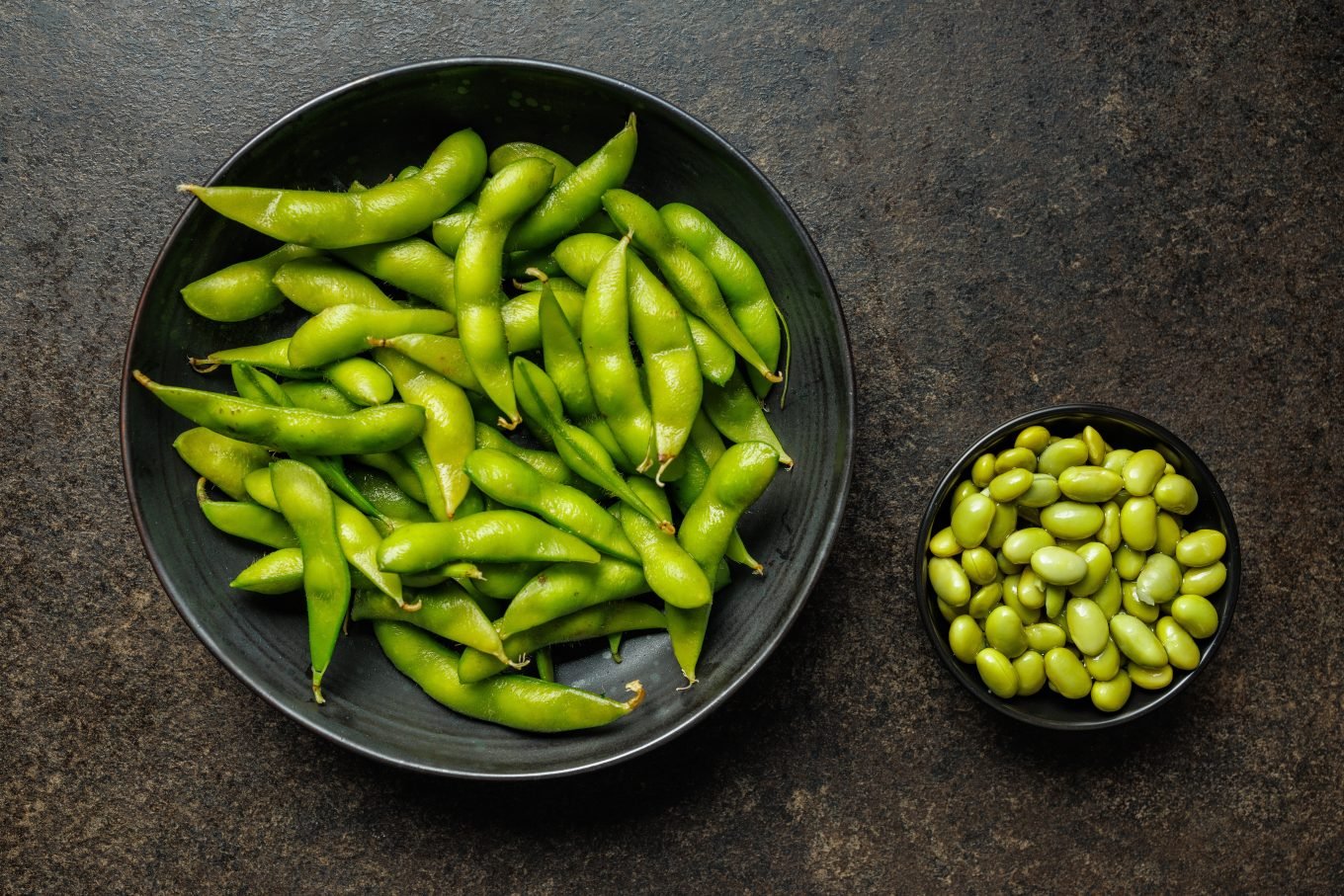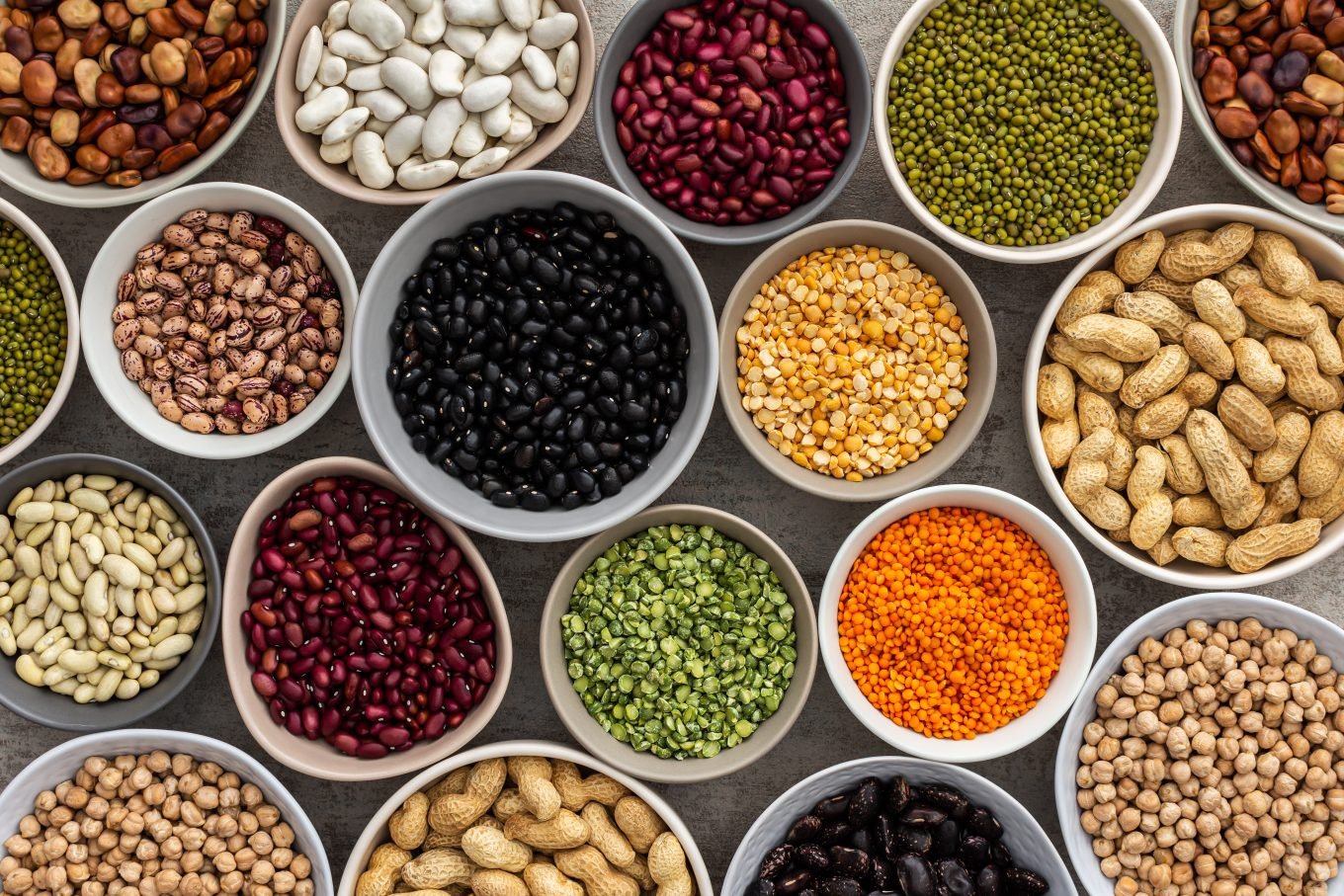Greek yoghurt is a creamy, protein-rich food that makes a great addition to a meal plan for fat loss and muscle gain. Non-fat varieties contain approximately 59kcal, 10g of protein, and 0.4g of fat per 100g, making for a low-calorie, protein-rich addition to your fat-loss diet.
Nutritionally, Greek yoghurt is an excellent source of calcium, which supports bone health, as well as potassium and phosphorus, which aid muscle function and recovery. Greek yoghurt is also rich in probiotics, which promote gut health and improve digestion. Opting for plain, unsweetened Greek yoghurt is the best way to benefit from its nutritional value without the added sugars of flavoured versions.
Eggs
Eggs are a nutrient-dense food that boasts a wealth of health benefits. A large egg contains approximately 72kcal, 6g of protein, and 5g of fat, making it a compact and efficient source of high-quality protein. Eggs are rich in essential amino acids, which are crucial for muscle repair and growth, as well as providing important nutrients such as choline and vitamin D.
Eggs are versatile and easy to prepare, making them an excellent choice for anyone looking to improve body composition and overall health. Opt for poached, boiled, or scrambled eggs, and pair with a wholewheat toast or fibre-rich veggies for a balanced, satiating meal.
Chicken
Chicken breast is a popular lean protein source that supports fat loss and muscle growth. With 165kcal, 31g of protein and only 3.6g of fat per 100g, chicken breast is a low-calorie, high-protein option ideal for muscle repair and growth. Chicken is rich in essential amino acids and contains vital nutrients such as phosphorus, selenium, and vitamins B3 and B6, which support energy metabolism and muscle function. Its versatility and high protein stats have made chicken a meal-prep staple in meal plans for fat loss and muscle gain.
Fish
